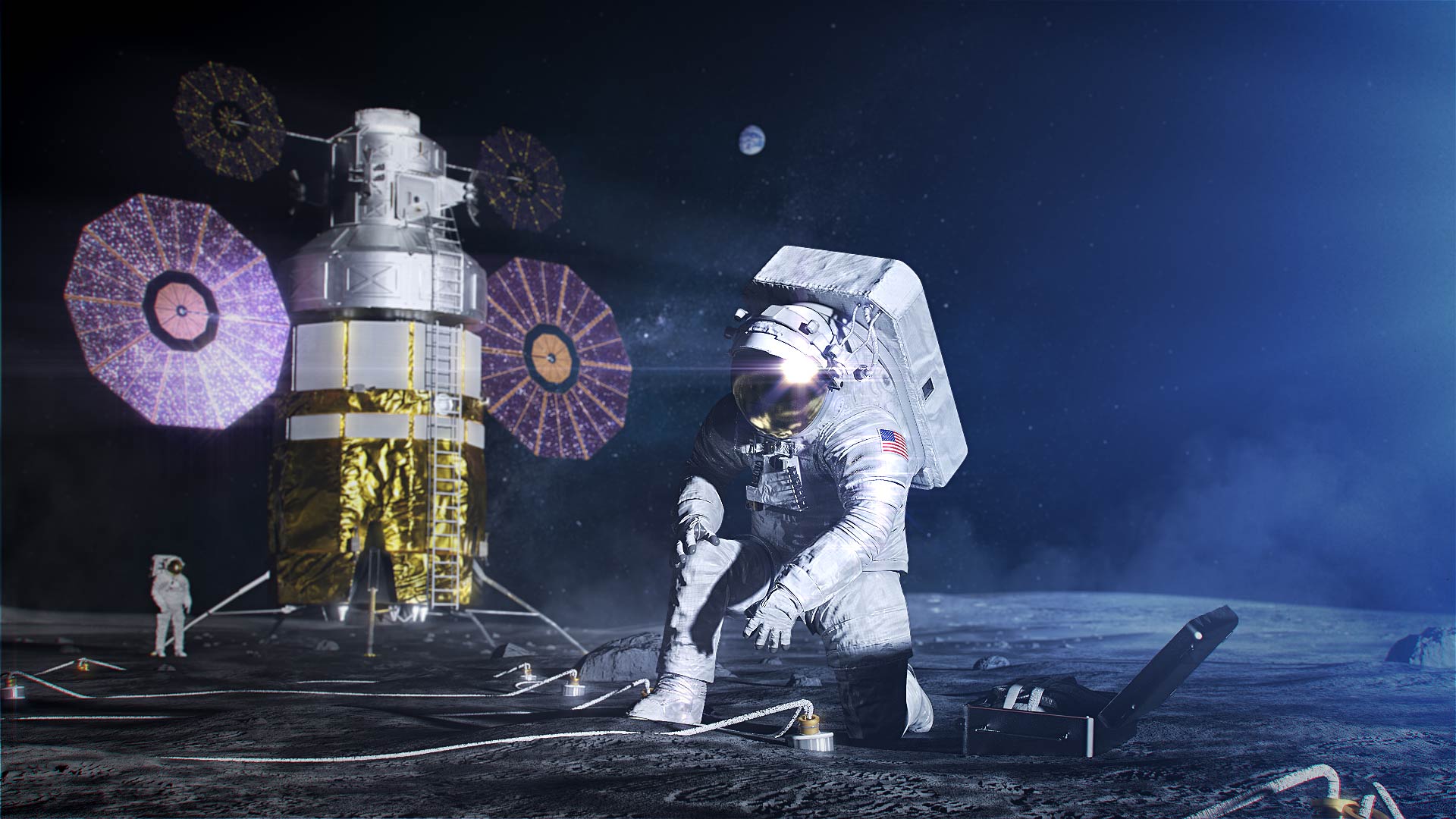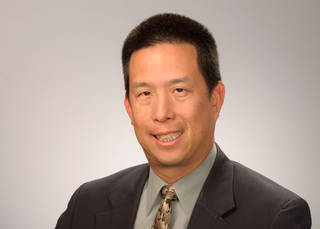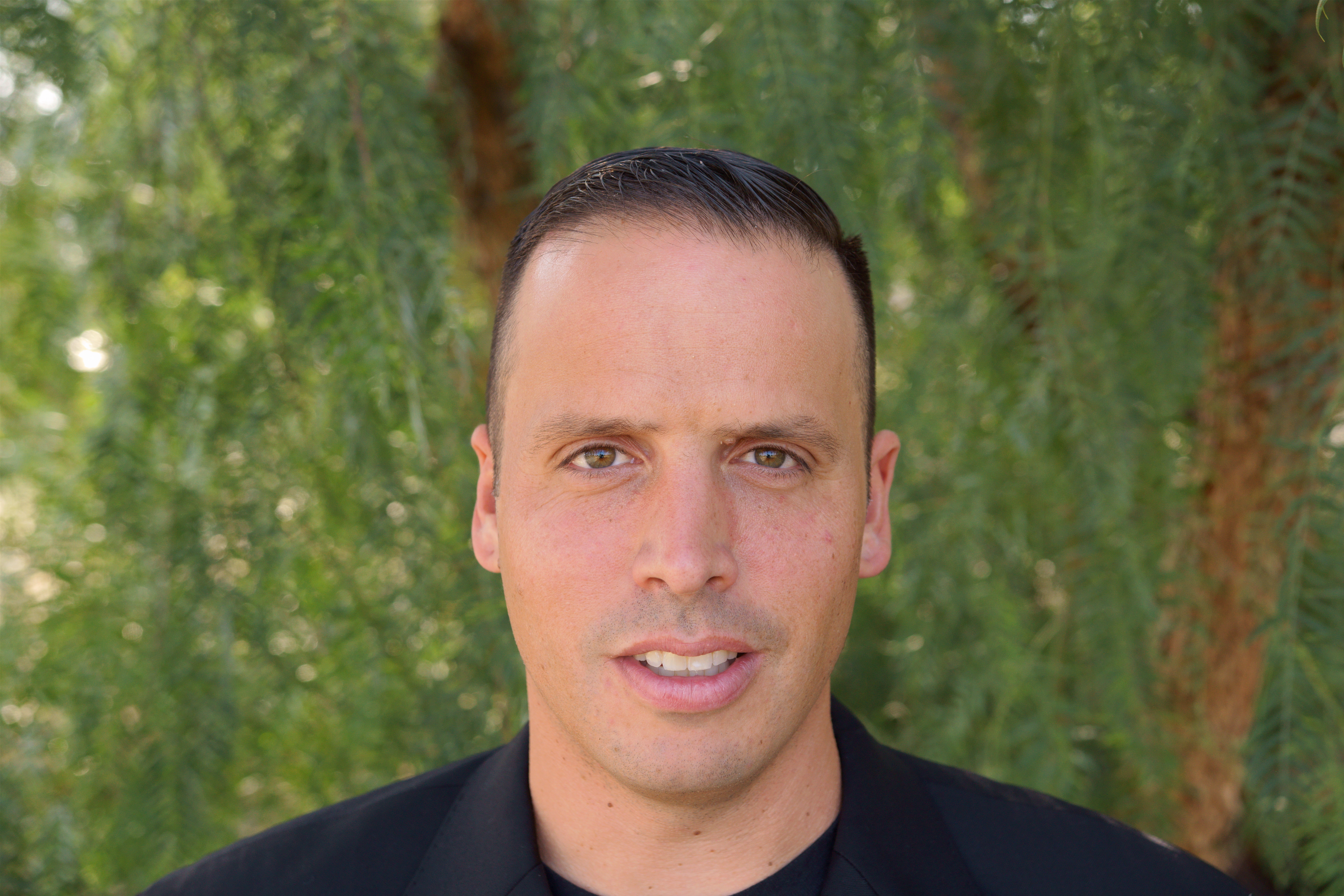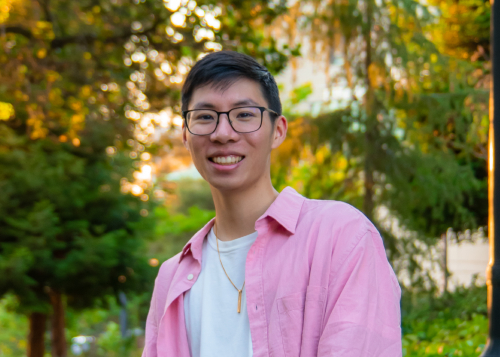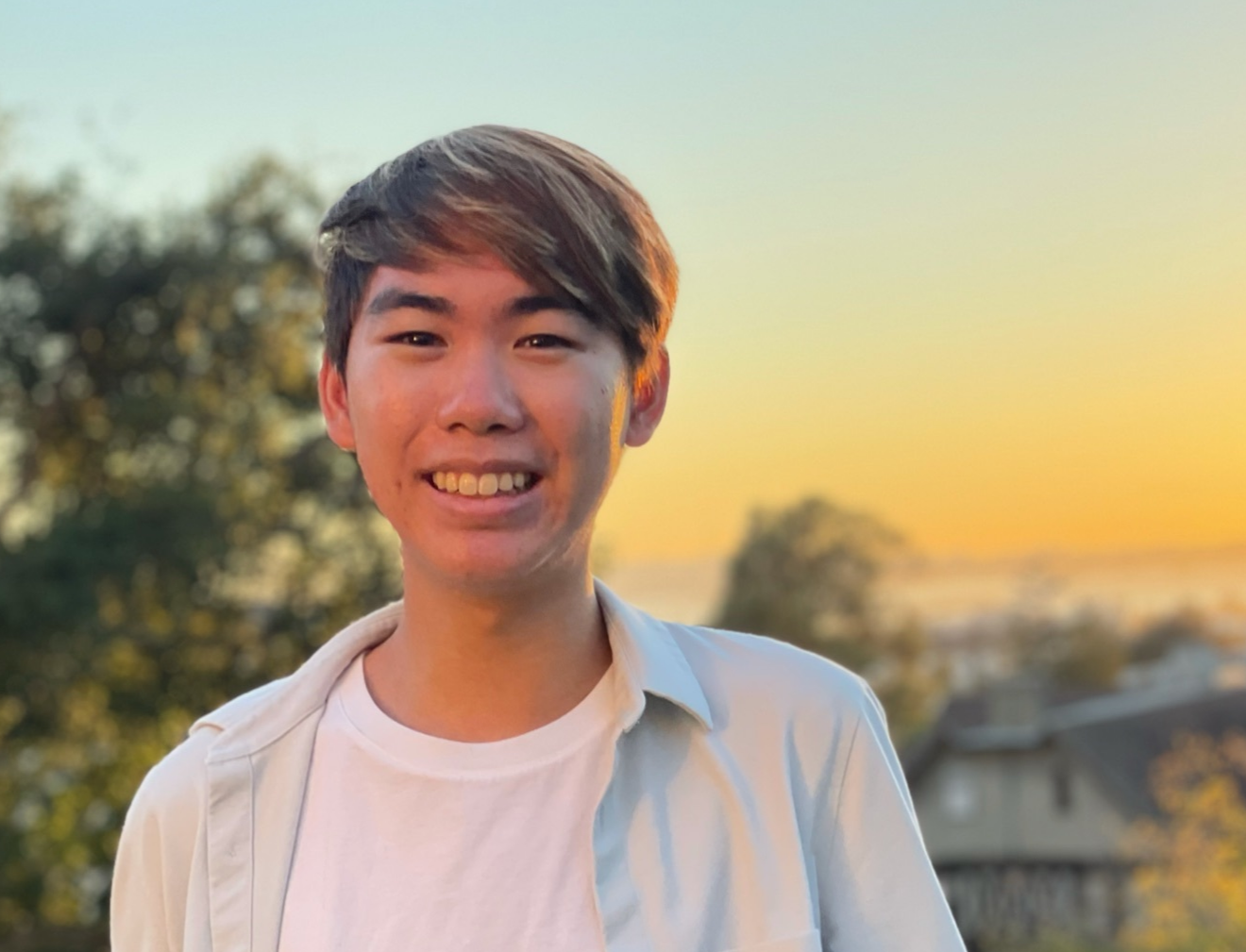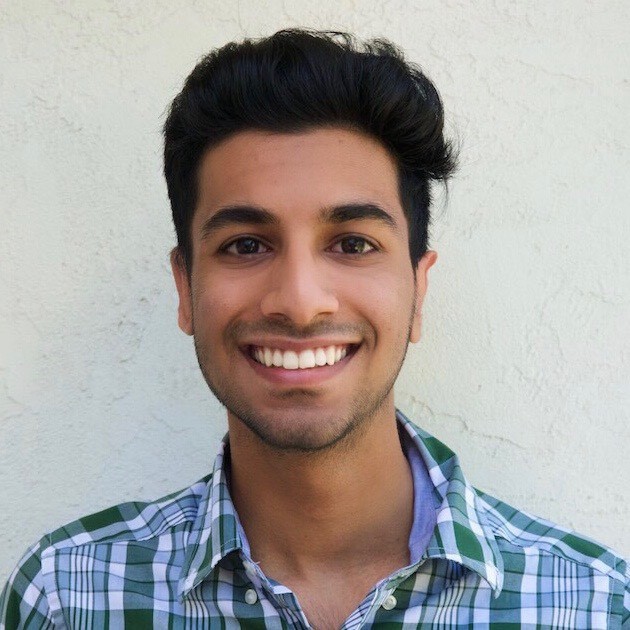STAC, STAR, SEB 2022 Space Tech Symposium
Space Tech Symposium @ Berkeley 2022 is a gathering of space tech pioneers in industry and research. Top startups executives, scientists, and engineers will present their visions of the future of space tech and much more. Attendees will be able to interact with presenters as well as with fellow industry professionals attending the event. We’ll be holding 3 main speaker panels on space entrepreneurship, how space technologies helps life on Earth, and space infrastructure and services, as well as keynote presentations.
DATE & TIME May 4, 2022 - 12pm to 6pm PT
LOCATION Sibley Auditorium, Berkeley, CA
SPEAKERS 10+ Professional Speakers
Speakers
Additional speakers will be announced very shortly. Stay tuned!
Symposium Agenda
We are very excited about the talks we have planned for you.
Only at Space Tech Symposium 2022 this spring in Berkeley, California.
May 4, 2022
- Session 1 - 12:00 - 02:30
- Session 2 - 02:30 - 06:00
-
Session 1 - 12:00 - 02:3012:00 - 12:20 Registration12:20 - 12:30 Organizers' Introduction
Learn about Space Technologies at Cal (STAC), Space Technologies and Rocketry (STAR), and Space Enterprises at Berkeley (SEB), who we are, and what we do.
Speaker : To Be Announced12:30 - 01:00 KeynoteLearn more about the innovations in space tech.
Speaker : Dr. Eugene Tu - NASA AMES01:00 - 01:30 Panel 1: Space EntrepreneurshipWhy are more space startups forming today and why is there increased funding in NewSpace?Hear from a panel of researchers and industry professionals to learn more about space entrepreneurship.
Panelist : Mike Cassidy - Apollo Fusion, Chris Boshuizen - Planet and DCVC, Jivika Rajani - Space Ventures, Matt Gialich - Astroforge01:30 - 02:30 Poster Session and IntermissionCheck out ongoing and past projects from student-run space technology groups on campus!
-
Session 2 - 02:30 - 06:0002:30 - 02:45 Introduction to Panelists02:45 - 03:15 Panel 2: How Space Helps Life on EarthWhy was the space sector able to boom during the Pandemic?
Hear from a panel of researchers and industry professionals to learn more about how space technologies help life on Earth.
Panelists : Ryan McLinkno - Astranis,03:15 - 03:45 Panel 3: Space Infrastructure and ServicesWhat does sustainable space actually look like and what is the role of Space services in getting there?Hear from a panel of researchers and industry professionals to learn more about sspace infra and services.
Panelist : Grant Kendall-Bell - Orbit Fab, Al Tadros - Redwire Space, Yanni Barghouty - Cosmic Shielding Corporation03:45 - 04:00 Closing04:00 - 06:00 Networking and Poster SessionTake the opportunity to network with industry professionals and students from UC Berkeley!
Organzations : Space Technologies at Cal (STAC), Space Technology and Rocketry (STAR), Space Enterprises at Berkeley (SEB), NewSpace @ Berkeley
Symposium Tickets
Reserve your ticket right now for the talk of the year
Join us to hear from some of space technology's brightest minds.
Your first Symposium
packed with events
-
- $27Industry Seating
- VIP Industry Seating
- Main Event speeches
- Keynote Speakers
- Pannel Discussions
- Networking Access
- Project Symposium
- Free Food
- Buy Ticket Now
-
- $12Student Seating
- Student Discount
- Main Event speeches
- Keynote Speakers
- Pannel Discussions
- Networking Access
- Project Symposium
- Free Food
- Buy Ticket Now
Location and Travel
Public Transport
Our venue, Sibley Auditorium is a 20 minute walk from the Downtown Berkeley BART station. You can alternatively walk to the number 52, University at Shattuck, bus stop and ride this to Hearst Ave. and Le Roy Ave. which is 100 ft. from the auditorium.
Private Vehicles
We have parking spaces reserved at the Lower Hearst parking structure which is a 5 minute walk from the auditorium. The route from parking space to auditorium is wheelchair accessible.
Lodging Accomodations
The University of California, Berkeley is partnered with the Residence Inn in downtown Berkeley. Please book using this link to receive the University of California discount on your stay. You'll be located one block away from the Downtown Berkeley BART station.
Venue Address
Sibley Auditorium
Bechtel Engineering Center
Berkeley, CA 94709 USA
Contact : execs@stac.berkeley.edu
Lodging Accomodations
Please make your lodging accomodations at
Residence Inn to receive a discount on your stay.
-
- $25 offfrom standard rate of $254/night
- Special rate for UC Berkeley
- 5 min. walk from Downtown BART station
- 12 min. walk from the venue
- Free WiFi
- Free breakfast
- Reserve Room Now!
-
- May 4thDay of Logistics
- Parking at Lower Hearst
- Check-in at 12:00 PM PT
- Follow arrows to auditorium
- Free Food after the event
- Find Parking!
Our Current and Past Sponsors
Interested in sponsoring? Feel free to get in touch with us at execs@stac.berkeley.edu
Frequently asked questions
Some frequently asked questions for you.
What is Space Tech Symposium (STS@Berkeley) ?
Space Tech Symposium at Berkeley (STS@Berkeley) is a gathering of space tech pioneers in industry and research. Top venture capitalists, startups, scientists, and engineers will present their visions for the future of space tech and much more. STS attendees will also be able to interact with presenters and fellow industry professionals.
Why are we hosting STS@Berkeley ?
We are a group of passionate scientists who want to push the frontier of space research and the space industry. We are not a typical engineering club; we focus on making strides in innovating space technologies. We, like the rest of industry, want to accelerate our progression towards the exploration and habitation of space. Berkeley, the crossroads of a world class research university and a burgeoning space startup scene, is the the perfect spot for a conversation about the collaboration of the public and private sectors necessary for the progress in the space industry to take place. We hope that by hosting STS, we can provide attendees a broader perspective of the future of space technology that brings us all a little bit closer to understanding the great unknown.
Where and when is the Space Tech Symposium ?
The Space Tech Symposium will be held in Sibley Auditorium of the Bechtel Engineering Center at UC Berkeley in Berkeley, CA on Monday May 4, 2022 from 4:00pm to 8:30pm.
What is STAC ? What do you do ?
Space Technologies at Cal (STAC) is a student engineering organization of 60 students at Berkeley focused on developing innovative space technologies and research. We are creating a collaborative space program by incorporating multiple universities, research labs and industry partners to enable space research projects such as High Altitude Balloons, Microgravity Experiments, CubeSats, and more. You can learn more about us at our website.
What projects are STAC members working on ?
We are working on many exciting projects. We most recently just launched a QubeSat into space with Astra! We have a High Altitude Balloon project, where we launch unmanned helium balloon into near space with scientific payloads. We are launching several Interstellar Microgravity Experiments (TIMEs) to outer-space with Blue Origin rockets, where we further aerospace research by testing how a low-gravity environment - like space - will affect lifeforms, optics, and physical mechanics. Our CubeSat Deployer project aims to deploy smaller swarm of Wafer Scale Spacecrafts (WaferSats) into space to pioneer the work in laser communication. Lastly but not the least, our Autonomous Rover project is working on developing a resource rover, in collaboration with NASA Ames, that is fully controllable and autonomous in order to extract and utilize resources on moon.
What is STAR ? What do you do ?
Space Technologies And Rocketry (STAR) is UC Berkeley’s premier competition high-power rocketry team. The club has build a total of six complete vehicles engineered over their half decade lifetime.
What is SEB ? What do you do ?
Space Enterprise at Berkeley's (SEB) mission has been to be the first collegiate space technology organization to send a liquid-fueled rocket past the Karman Line.
What is NewSpace at Berkeley ? What do you do ?
NewSpace at Berkeley focuses on bringing awareness and education on the NewSpace Industry primarily through an undergraduate course on NewSpace Entrepreneurship.
I really love what you guys are working on. Can I sponsor ?
Yes! Your support ensures that we can continue innovating and breaking through new barriers in space. You can learn more about our sponsorship on our website. If you are interested in shaping the coming age of space exploration along our side with a sponsorship or donation, please contact us at execs@stac.berkeley.edu.
Is there a dress code ?
Yes: comfortable. Keep in mind the amazing people you’ll be meeting at this conference, and dress to impress and connect with them. However you style yourself, make sure it’s respectful of the beautiful venue and other guests attending the event.
Is this event open to everyone ?
Definitely! Anyone passionate about space is welcome and encouraged to attend our Symposium! Don't forget to grab your tickets in advance!
Is there a discount for students ?
Yes! Student tickets cost only $12.
Meet the STS Team
The people who make it happen.
